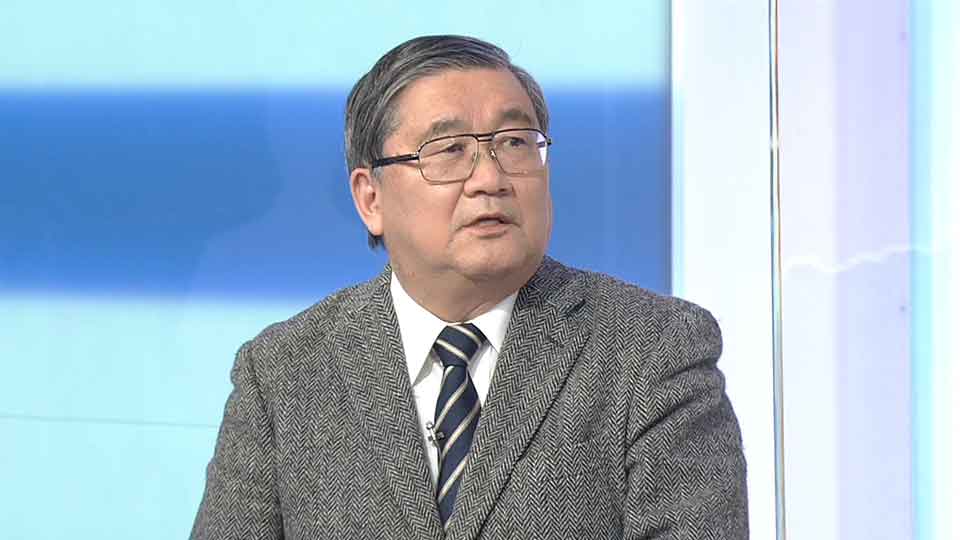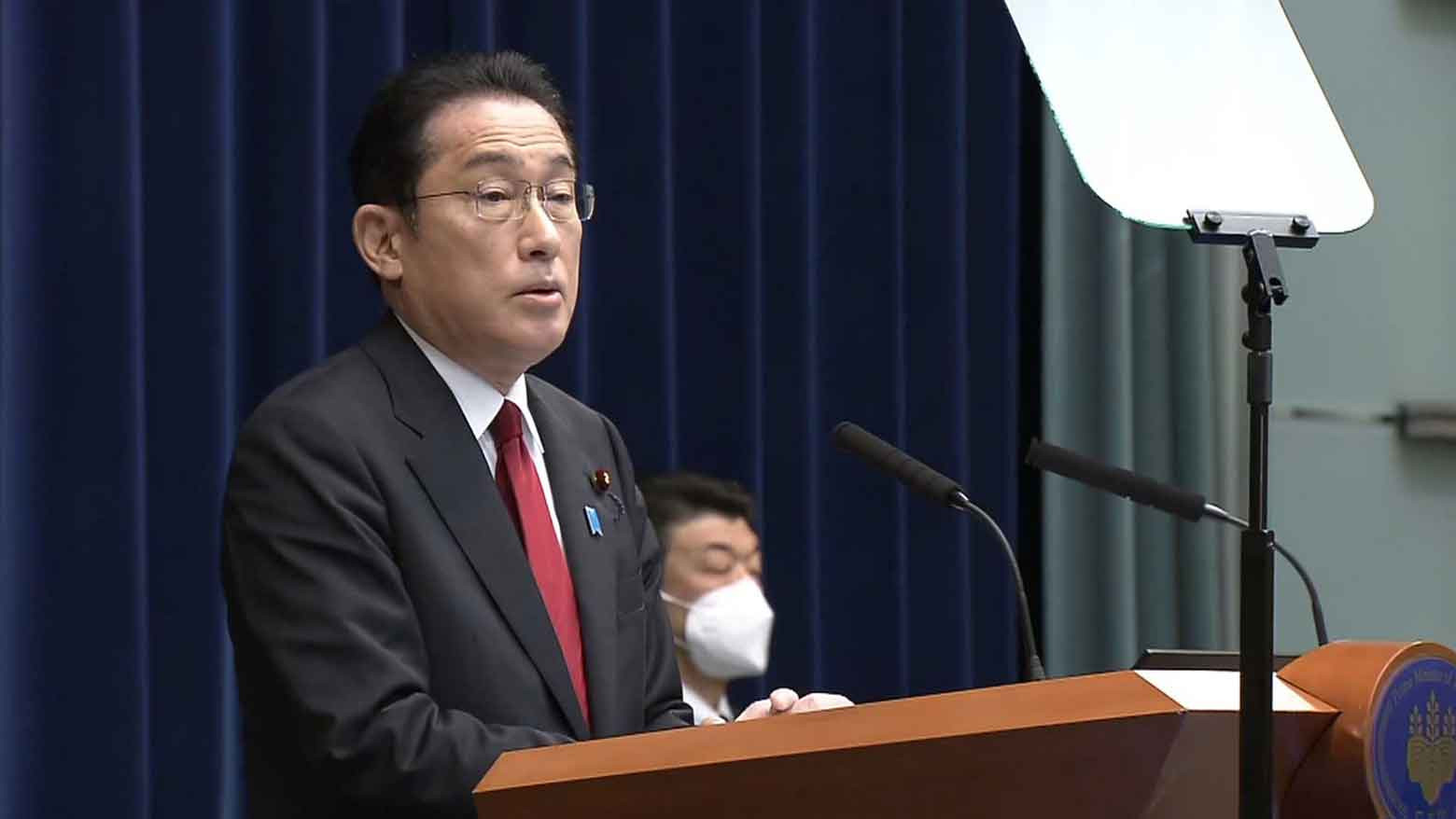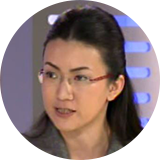Kishida announced sanctions including a suspension on visas and a freeze on assets for certain Russian individuals and entities, including financial institutions.
Export restrictions cover Russian military-related entities and specific goods, such as semiconductors.
"We will work closely with the G7 nations and the rest of the international community to strongly urge Russia to immediately withdraw its forces and comply with international law," Kishida said.
"The invasion by the Russian military of Ukraine, which took place in defiance of the international community's efforts, is an attempt to unilaterally change the status quo by force.
"It is a clear violation of international law, infringing Ukraine's sovereignty and territorial integrity. It is totally unacceptable as an act that shakes the foundation of the international order," the Japanese leader told a media conference.
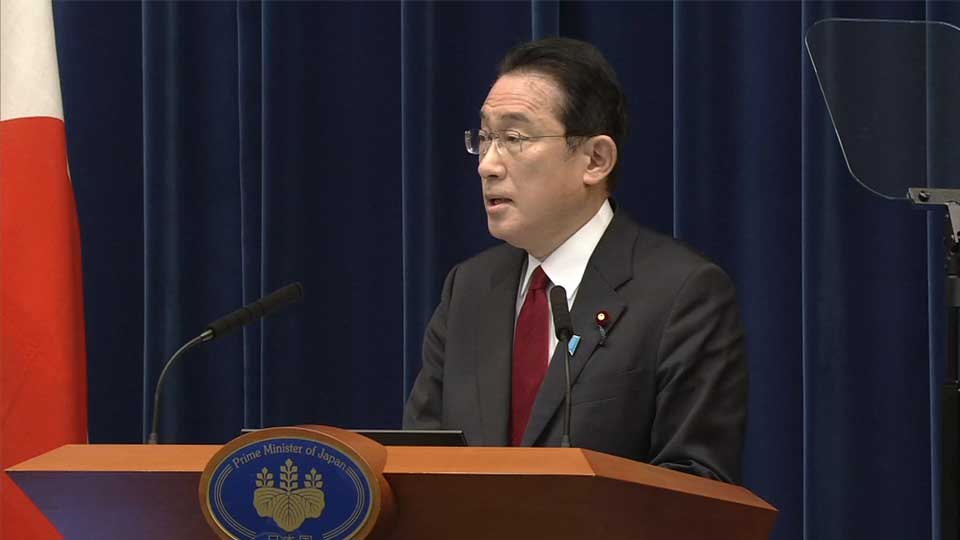
Kishida’s comments come as two leading experts in Japan gave NHK World their assessment of the situation.
Professor Higashino Atsuko, a European-Russian relations specialist at the University of Tsukuba, says Russia has embarked on a full-scale invasion.
"I think the fighting will get more complex and more intense," she says. Higashino believes Western countries are trying to grasp the scope of the military invasion as they devise an effective response.
"The European Union and the United States announced very significant sanctions and I believe they will be scaling up from now," she says.
"Current sanctions do not exclude Russia from SWIFT system. Russia’s financial system could suffer huge damage if they are targeted. Sanctions on the energy sector would also have a significant effect."
Higashino noted that the German government has already announced the suspension of the Nord Stream 2 pipeline project that directly links Russian gas to Europe via Germany.
She said the economic punishments will likely hit hard: "This time, the effect of the sanctions will be greater than in 2014 after the annexation of Crimea. The countermeasures will hit the Russian people.
"At this moment, Putin’s support rate is rising, but we don’t know if that will continue once sanctions start to have a severe impact on people’s lives."
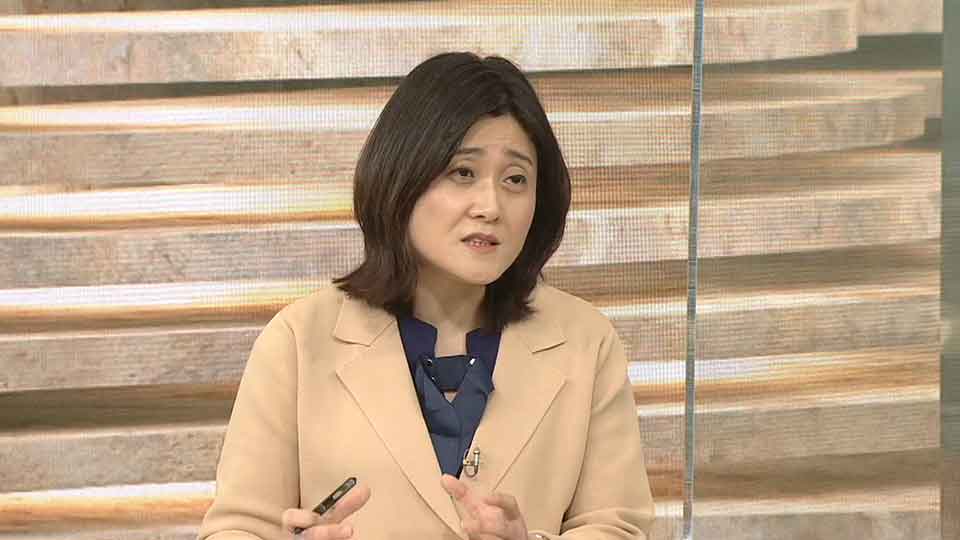
Another Russian affairs expert, Kanagawa University’s Shimotomai Nobuo, believes Putin’s operation will be a short-term exercise.
He says the deadlocked diplomacy between the United States and Russia could soon change—and that could affect the crisis in Ukraine.
"Both the US and Russian presidents are scheduled to address their nations on March 1 and 2. That timing could be meaningful.
"The relationship between those two countries goes back to before World War Two. They have many deep channels, so it seems that the two leaders are thinking of ways to break the ice through those backchannels."
